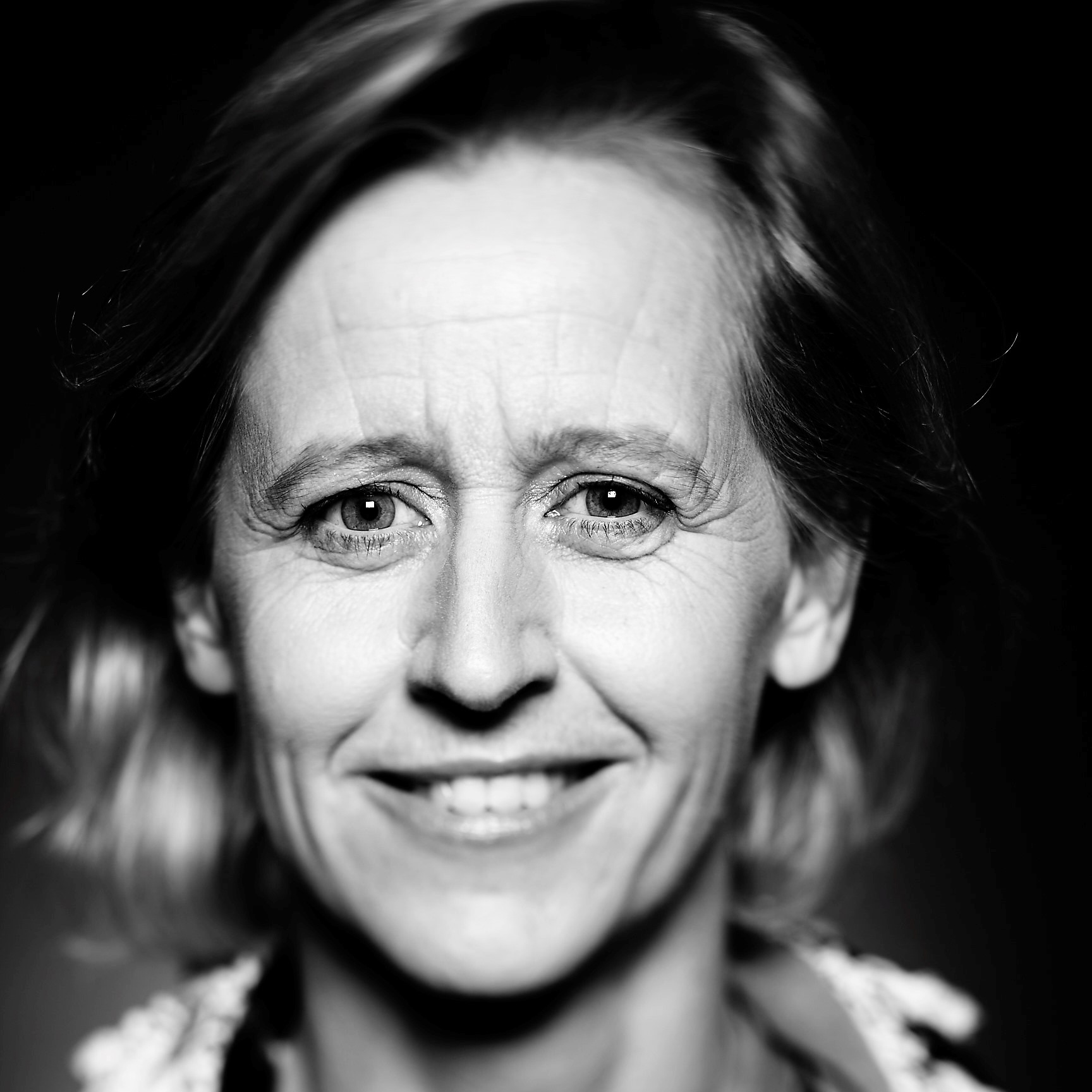 \
&
Contact us
\
&
Contact us
 \
&
Contact us
\
&
Contact us
P4Planet is a Horizon Europe co-programmed partnership with an overall budget of €2.6 billion, €1.3 billion from Horizon Europe and €1.3 billion for the private partners. The partnerships private partners are represented by A.SPIRE, with brings together more than 150 members.
P4Planet, the successor to the Horizon 2020 SPIRE Partnership, will aim to achieve three general objectives:
At least 10 leading sectors of the European Process Industry will be engaged in the implementation of the partnership. These include cement, steel, ceramics, chemicals, engineering, minerals and ores, non-ferrous metals, water, refineries, and pulp or paper.
The partnership works on emerging technologies and on the scaling up of already developed technologies at higher technology readiness levels (TRLs) to deliver expected CO2 emission reductions by 2030 and achieve their full impact by 2050. Proactive and continuous engagement with EU countries, regions, civil society, other research and innovation partnerships and initiatives, and other relevant stakeholders is crucial.
Contact
Partners: A.SPIRE - info@aspire2050.eu
About A.SPIRE
A.SPIRE represents innovative process industries, 20% of the total European manufacturing sector in employment and turnover, and more than 180 industrial and research process stakeholders from more than 20 countries spread throughout Europe. A.SPIRE brings together cement, ceramics, chemicals, engineering, minerals and ores, non-ferrous metals, pulp and paper, refining, steel and water sectors, several being world-leading sectors operating from Europe.
Partnerships group the EC and private and/or public partners, to coordinate and streamline the research & innovation initiatives and funding in some selected key domains.

Ria.debreucker@vlaio.be
The UNCHAIN project, ‘urban logistics and planning: anticipating urban freight generation and demand including digitalisation of urban freight’ obtained funding from the Horizon Europe’s Mobility Cluster. The project focuses on breaking down data silos and promoting public-private data exchange across a unified European mobility data space, enabling more informed decisions and greater efficiency. The City of Mechelen is a partner in the project and takes on the role of ‘follower city’: it will work alongside the primary demonstration sites (in Madrid, Berlin and Florence) to maximize the geographical coverage and replicability of solutions across Europe. Mechelen aims to test 2 concrete solutions in the UNCHAIN project, with the aim to help addressing its current and future challenges in urban freight distribution.